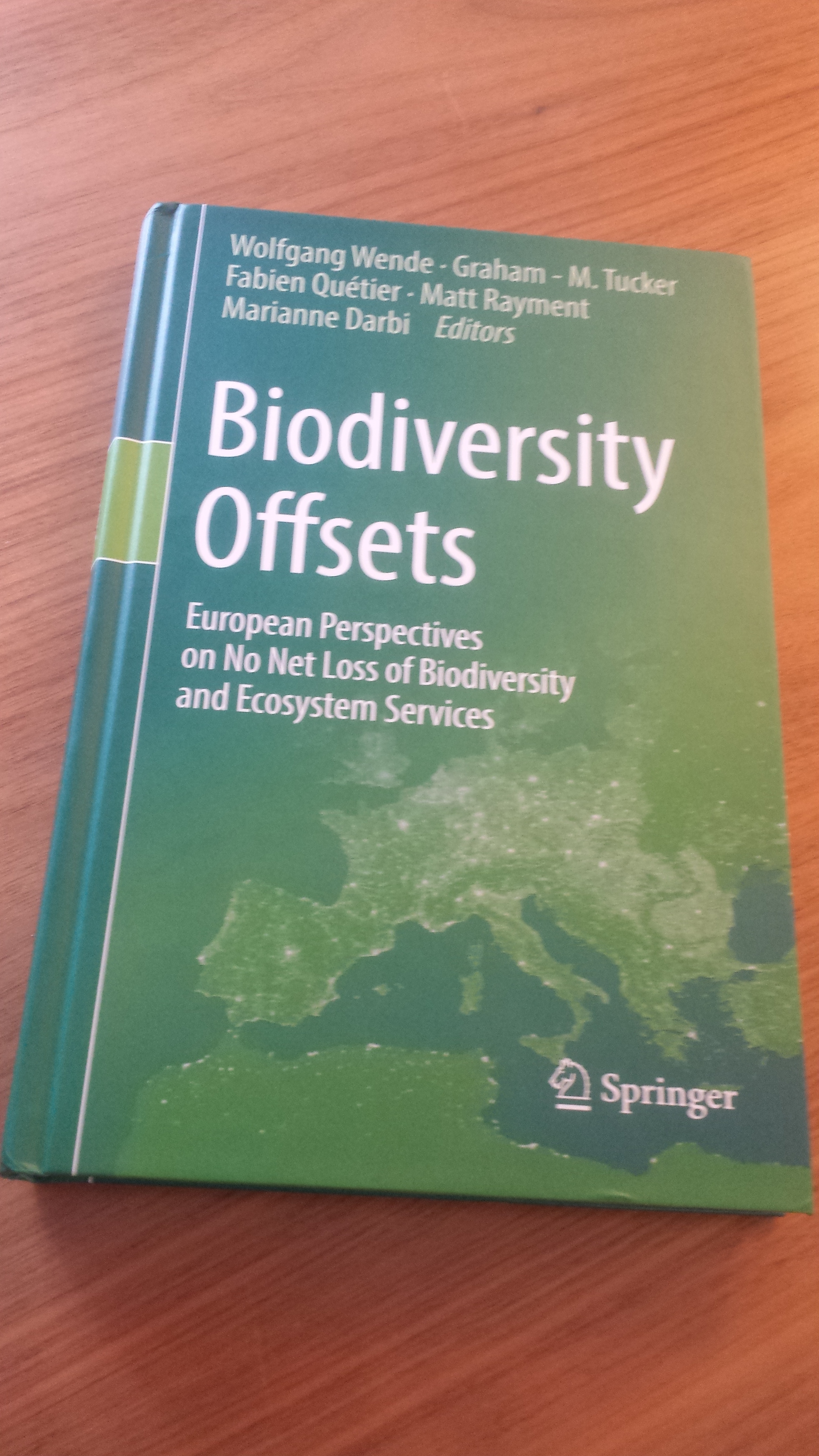CEP to present the findings from Defra research on water efficiency and behaviour change
Paula Orr will be presenting the findings from a Defra funded Water Efficiency and Behaviour Change Rapid Evidence Assessment (REA) on 17th April at TWENTY65 annual conference on "Bringing the Water Sector Together: Innovation Through Collaboration to Secure a Sustainable Future". CEP carried out the work in 2017. The report is available here.
The annual TWENTY65 conference (in partnership with leading water sector organisations) provides a unique not-for-profit development and networking opportunity for Researchers, Practitioners, Water Companies, Technology Developers, Policy Makers and Regulators (in partnership with leading water sector organisations) to network and learn together to help pave the way for a future that delivers sustainable clean water for all.


